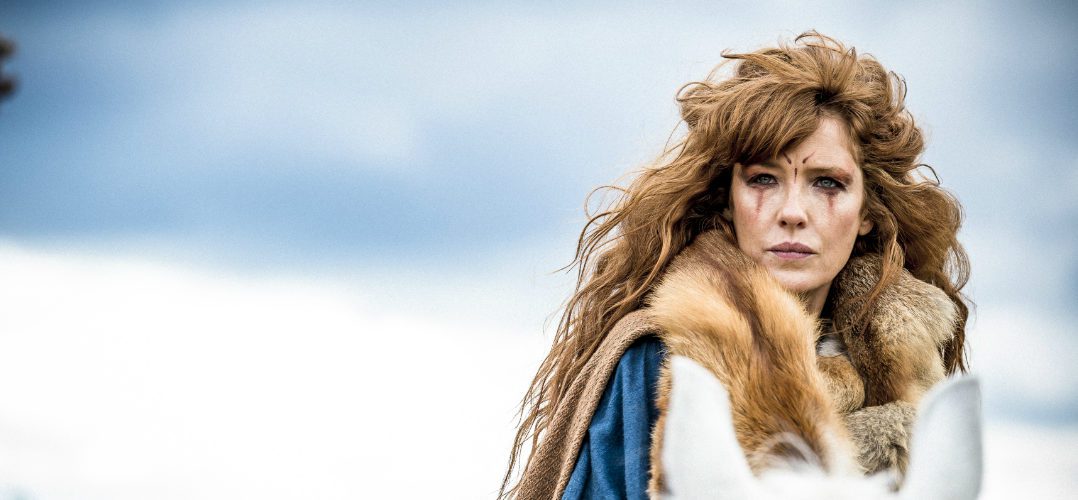On my coffee table at home is a book entitled The Golden Age of Television. No, it isn’t a recently rush-released hardback, but a 200-page tome about American and British television in the 1950’s. Written by Rick Marschall in 1987, he talks passionately about the daring and innovative programming, charismatic personalities, and unforgettable TV shows of the period. This inventive Golden Age came out of technological advances, allowing a greater proportion of the population to watch TV. Talent came from other mediums and found new audiences hungry for what they could offer. Does this sound familiar? Feels a little like the last few years, as OTT services fuel an explosion in drama, leading to an influx of fresh and established talent to take up these opportunities, with audiences ready to lap up what is produced.
There are, of course, big differences between then and now. In the past, consumption of shows was on a live scheduled basis only, and through limited channels. Few to the many. Now consumption is whenever the consumer wants on an individual basis, through a never ending source of channels/platforms and outlets. Many to the few.
In the 1950s, the TV ‘wheel’ was still being invented. It hadn’t existed before. Shows like I Love Lucy, Bilko, Twilight Zone, Hancock & The Untouchables, to name a few, were the calling cards of the networks and became part of popular culture and every day conversation. This was TV learning to provide a service from inventive talent borrowing from theatre, radio and film. The TV medium hadn’t existed before in such volume or inventiveness, but it delivered exactly what audiences wanted to their ‘box in the corner of the room’: entertainment..
I don’t think you can ever underestimate the challenge those TV pioneers had. Inventing the modern medium is no mean feat. Sure, looking back, some of the techniques may look naive to our modern sensibilities, but without that period of growth, television would look very different in this modern era. Today, we still have those creative talents and voices being funneled, now, more than ever, into drama production in shows like Game of Thrones, The Walking Dead, The Crown, or (MIPCOM 2017 World Premiere Screening) Britannia (top photo). The quality and ambition of these shows, have perhaps never been equalled in quite the same consistent way over so many hours.
For me, an interesting way to measure where today’s golden age sits is to look at cinema. After the coming of sound in the 1930s — its own technological advance — Hollywood created its own Golden Age, much like TV did in the 50s. Cinema today though generally fails to match the heights of its modern TV cousin, relying as it has, since the late 1970s, on the blockbuster to drive consumption.
I would argue that what we are experiencing today is not ‘The Golden Age of Television’ but ‘A Golden Age of Television’. We don’t have to say this age is the best, but simply look at it as the continuation of a great tradition of wonderful storytelling, full of talented and creative people that we have been lucky enough to have watched over the past 70 years.
This is the last in a series of posts from MIPCOM 2017’s MIPBlog Ambassadors, a group of industry experts coordinated by consultant Debbie Macdonald, who’ll be sharing their insight here in the run-up to MIPCOM this October. Stay tuned for more!
Top image: Britannia © Sky Vision/Amazon US




